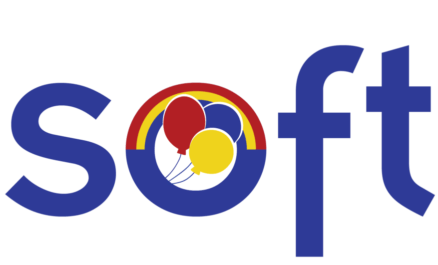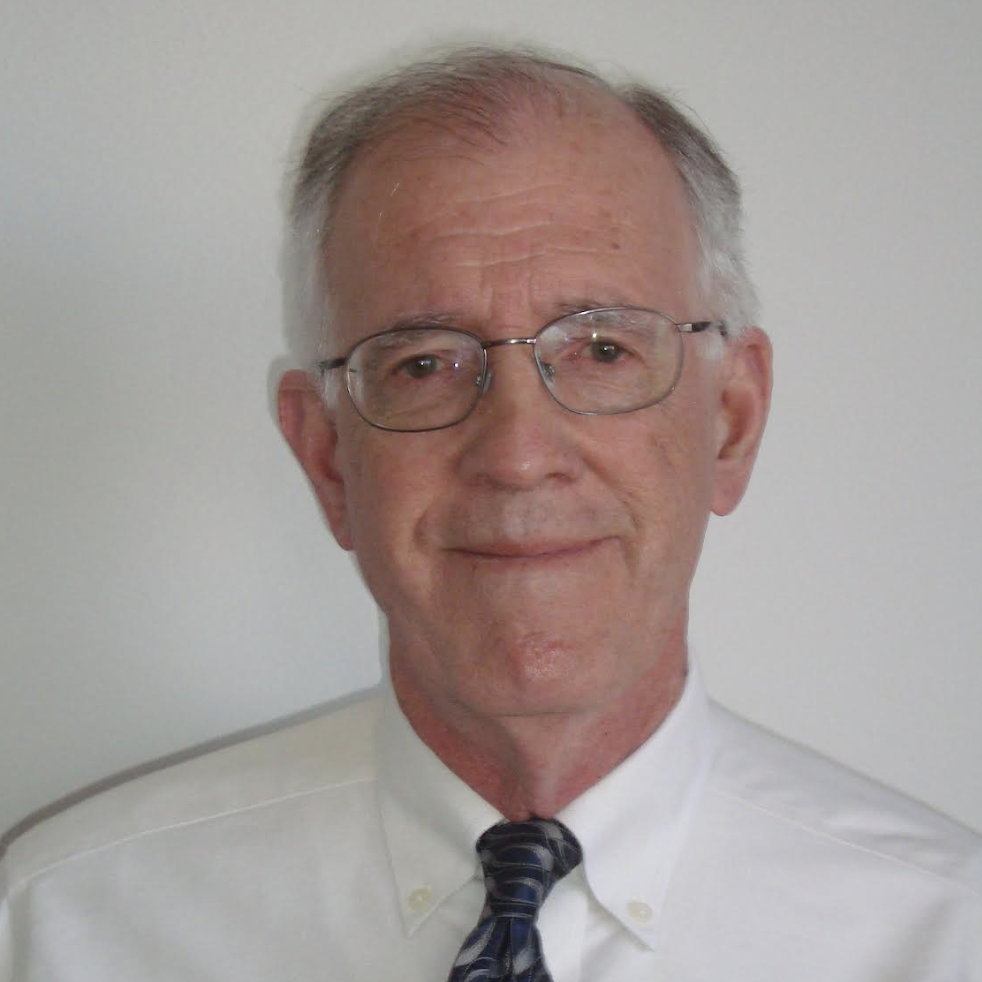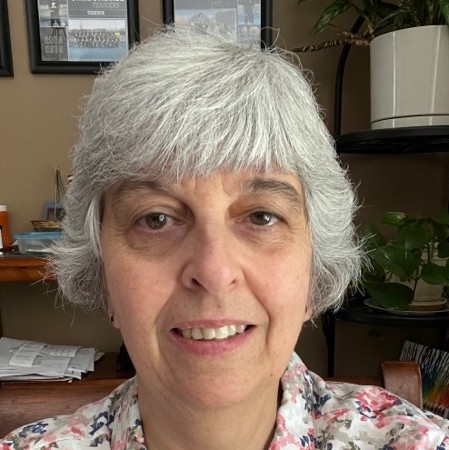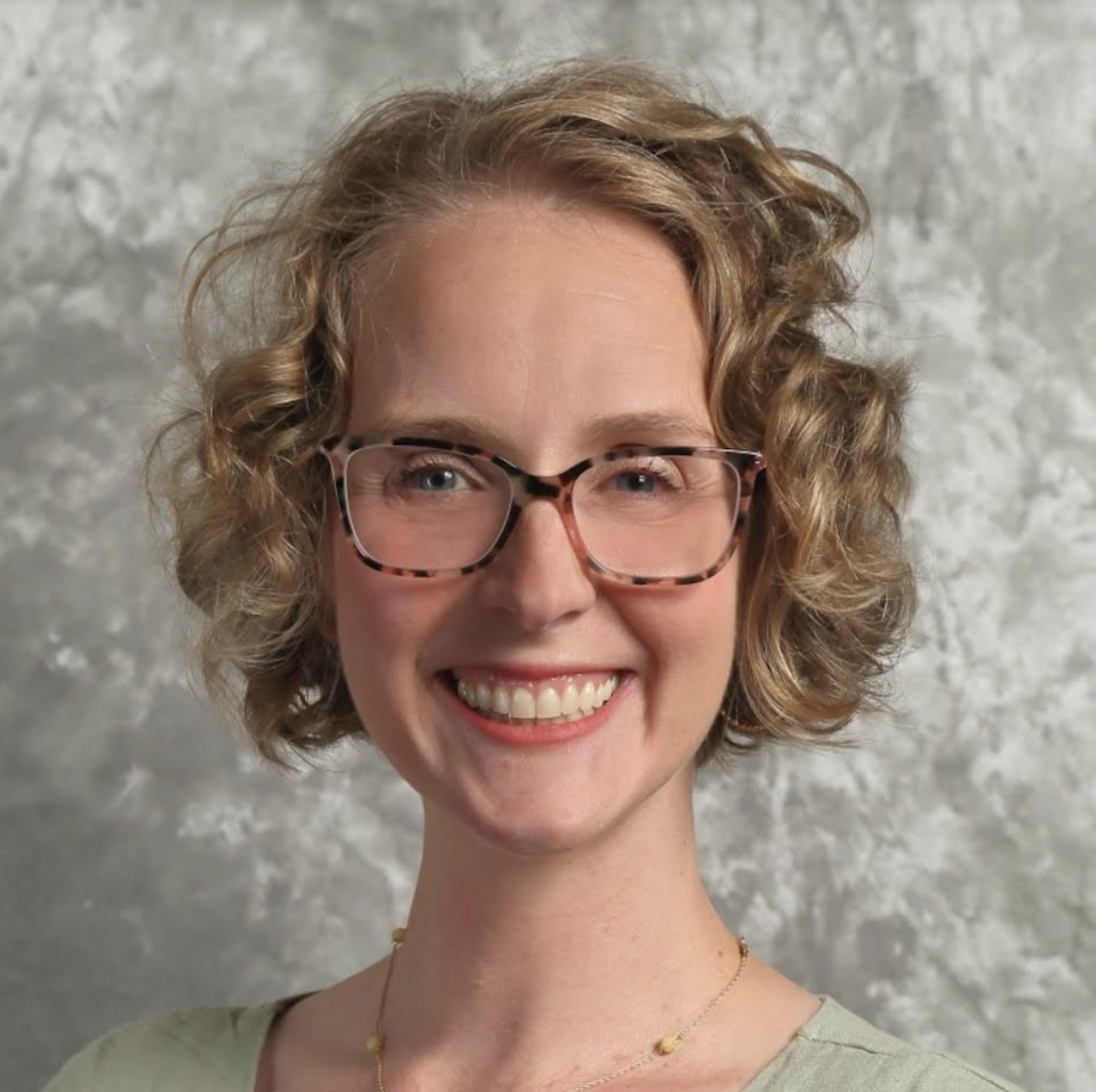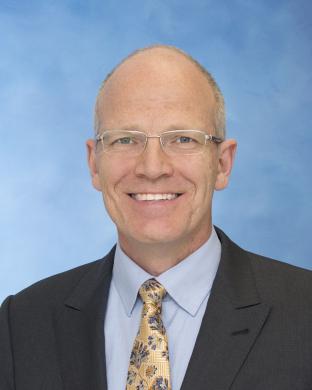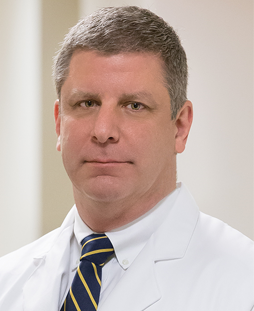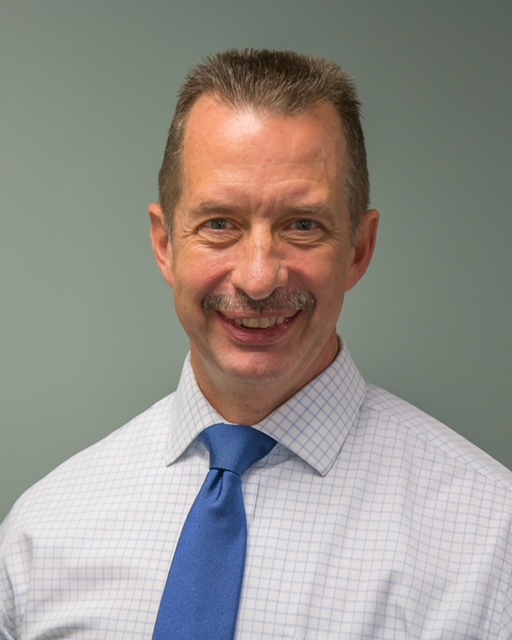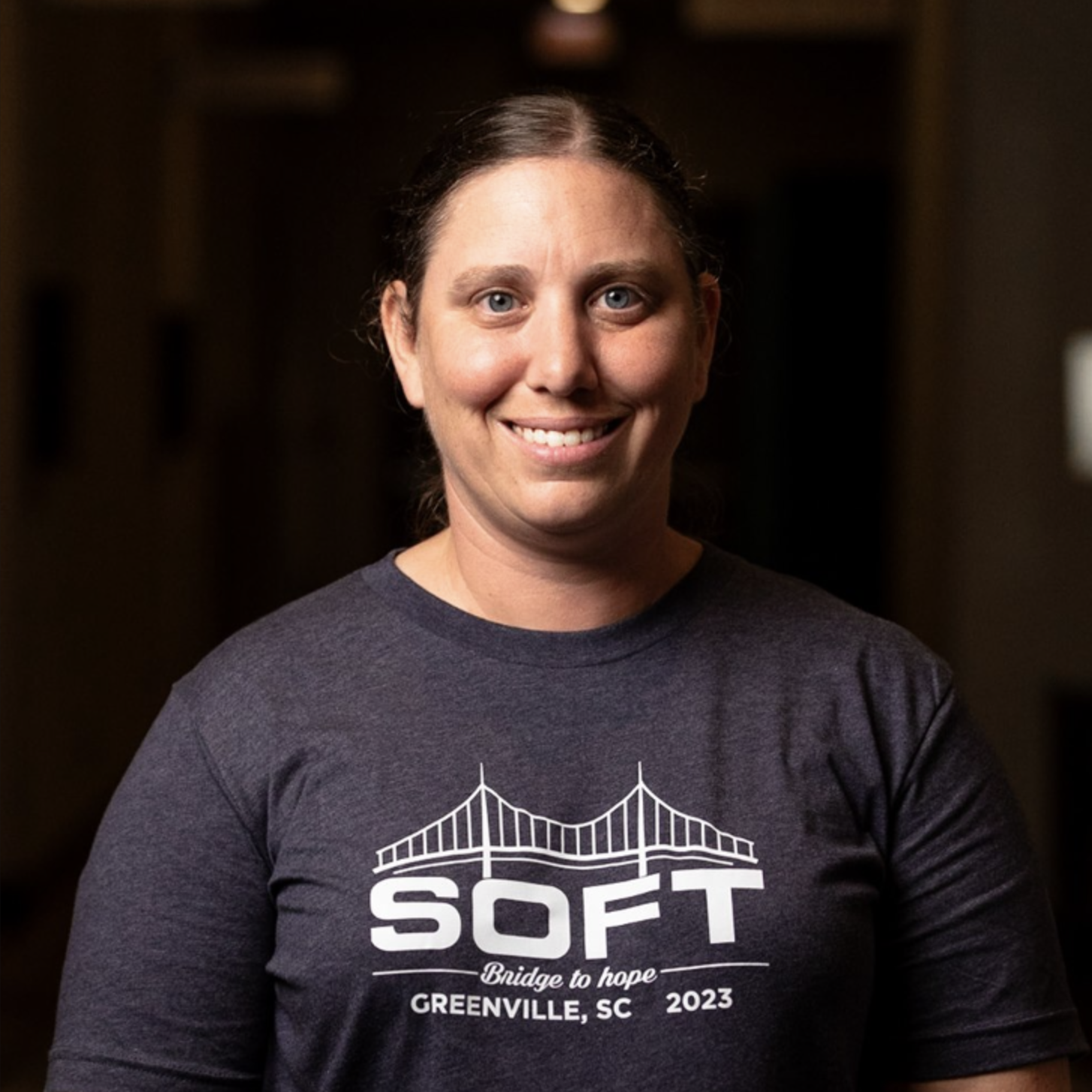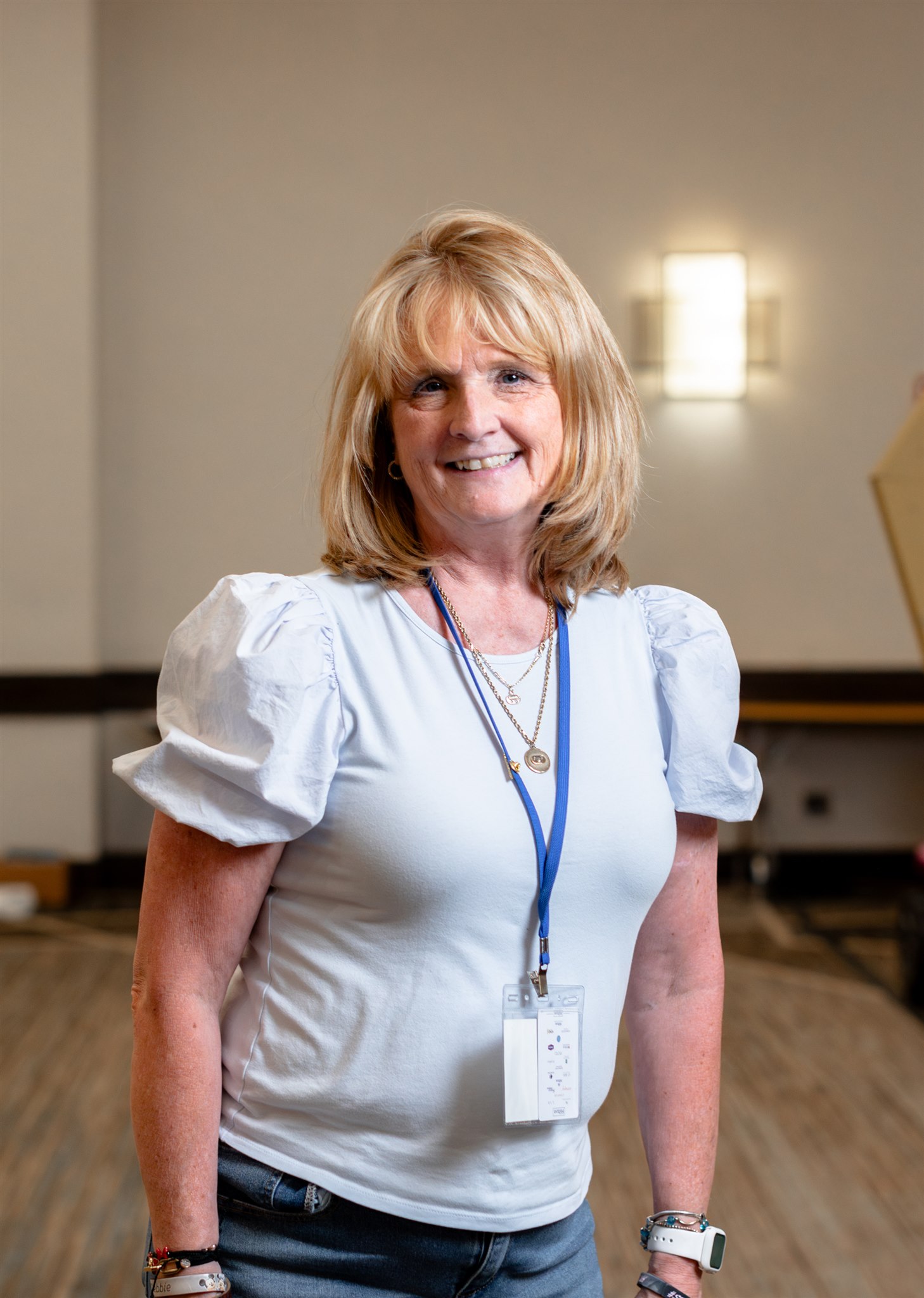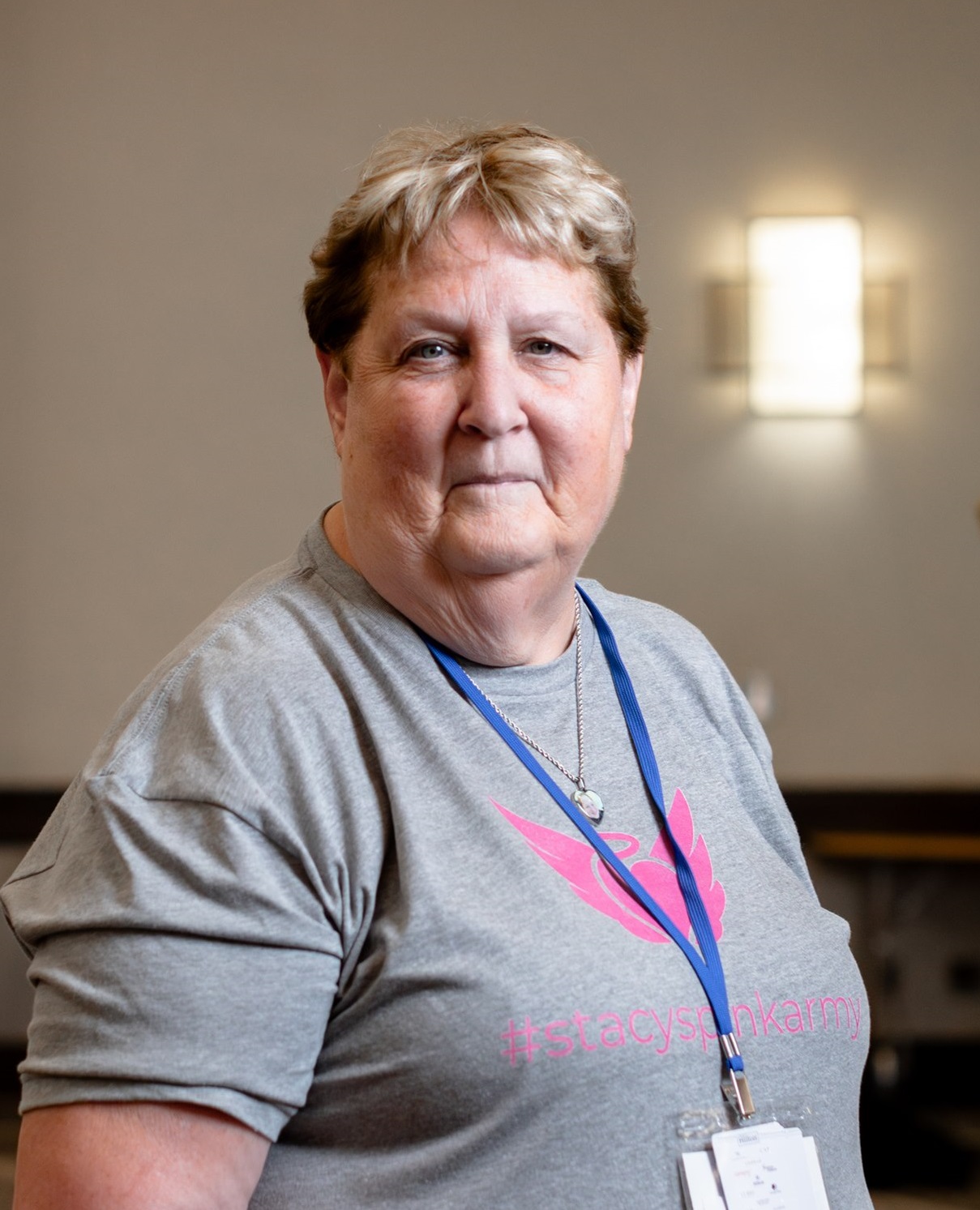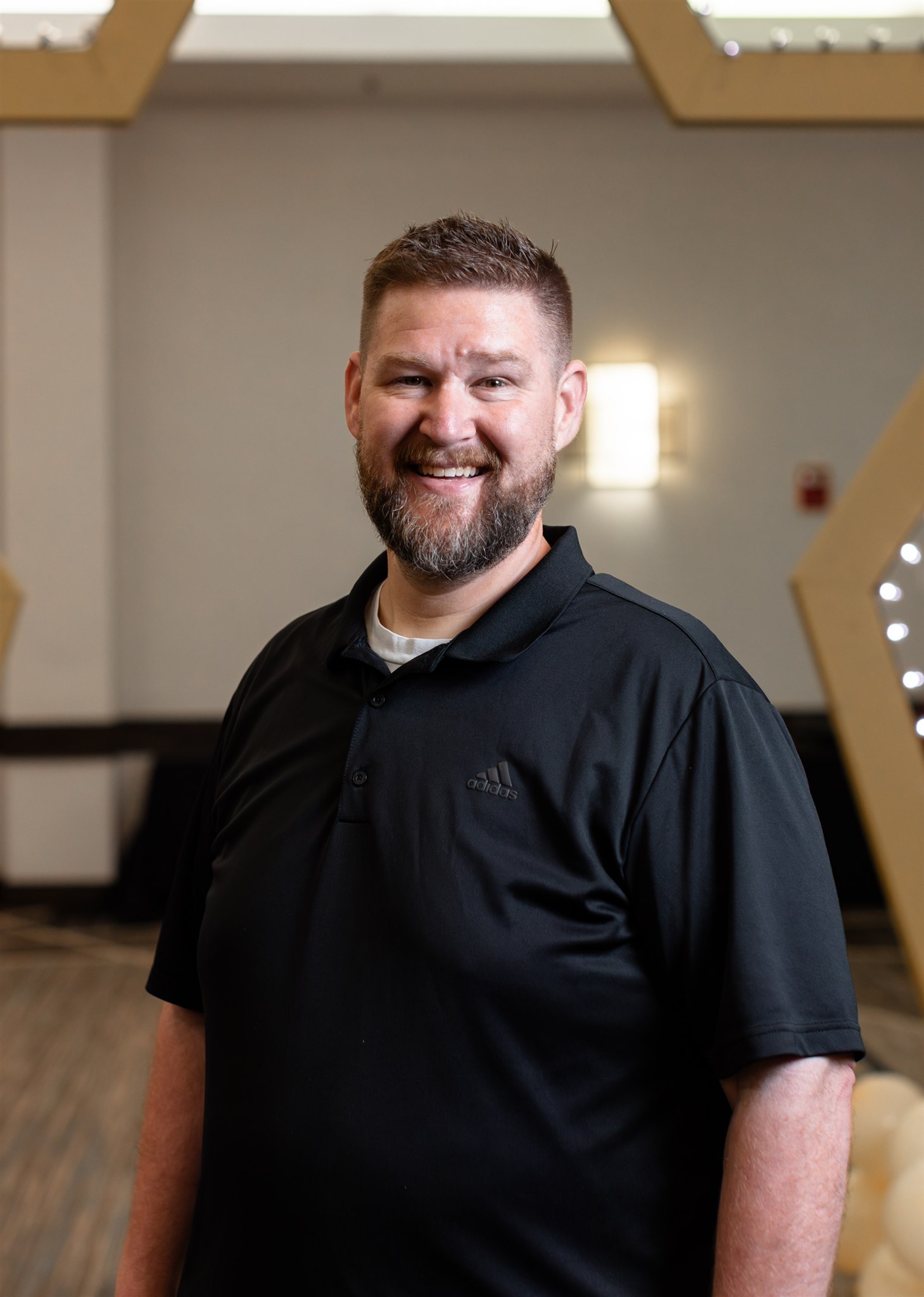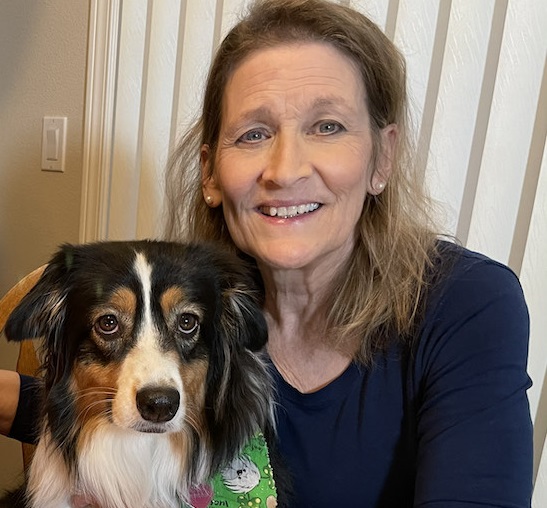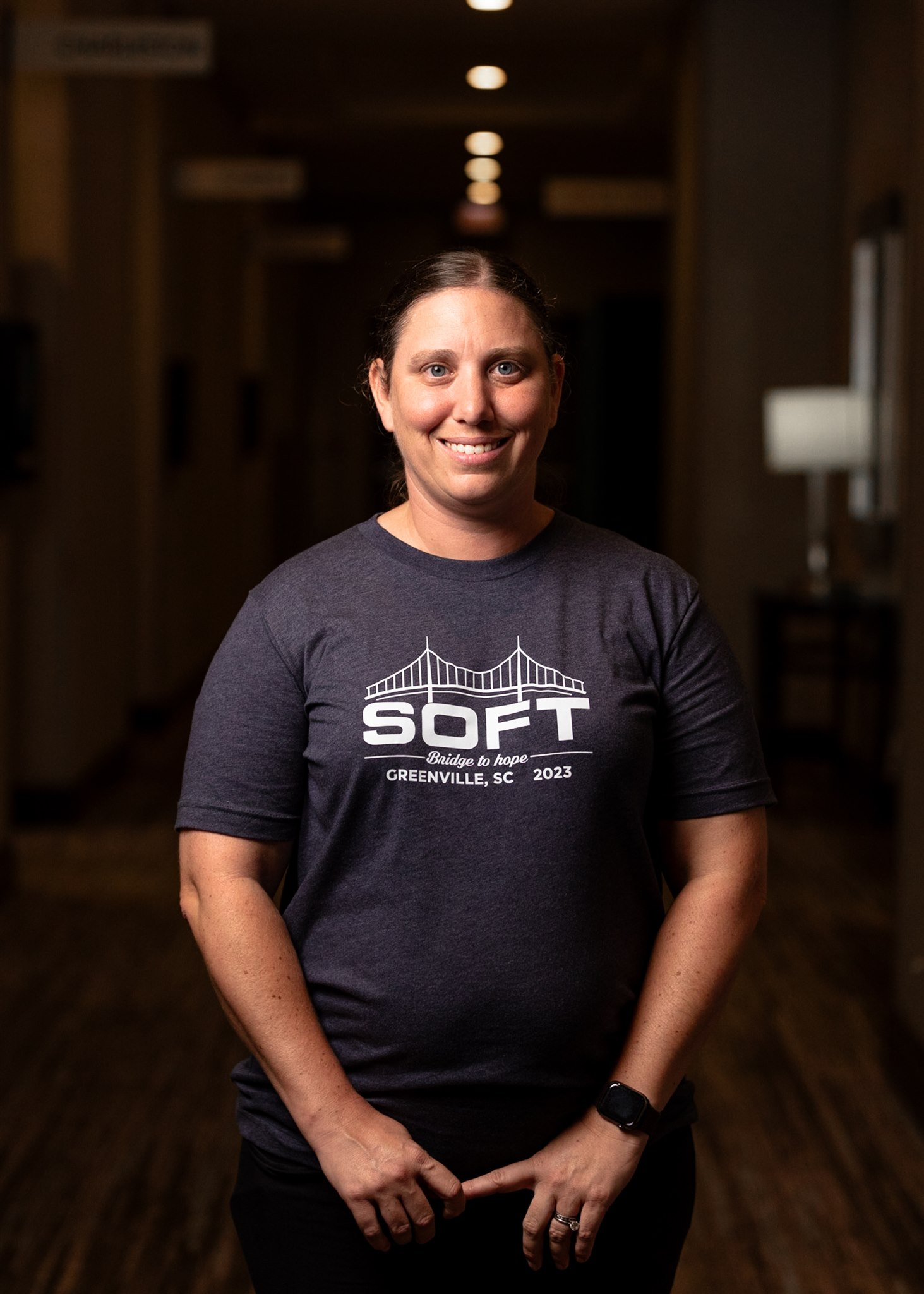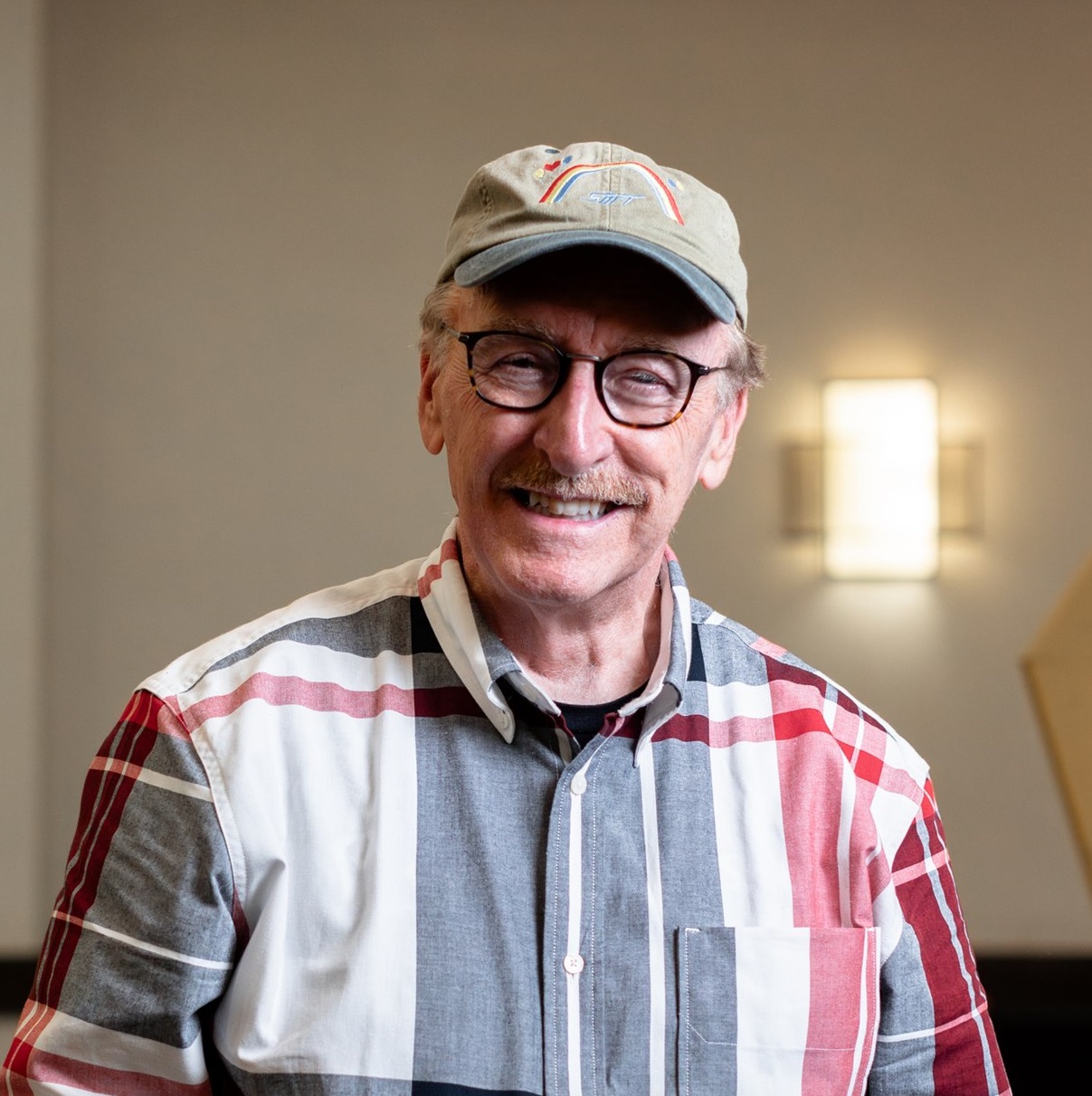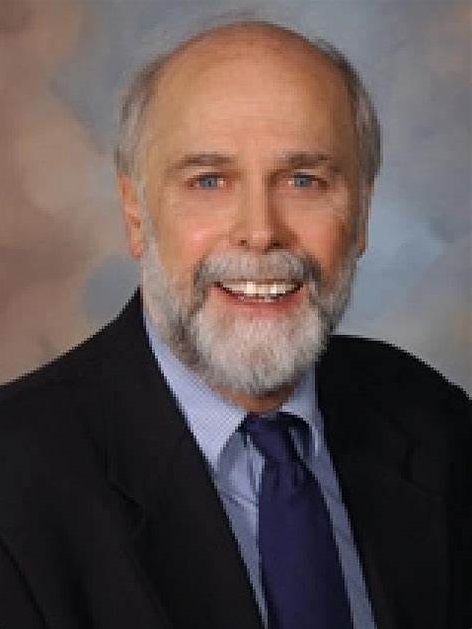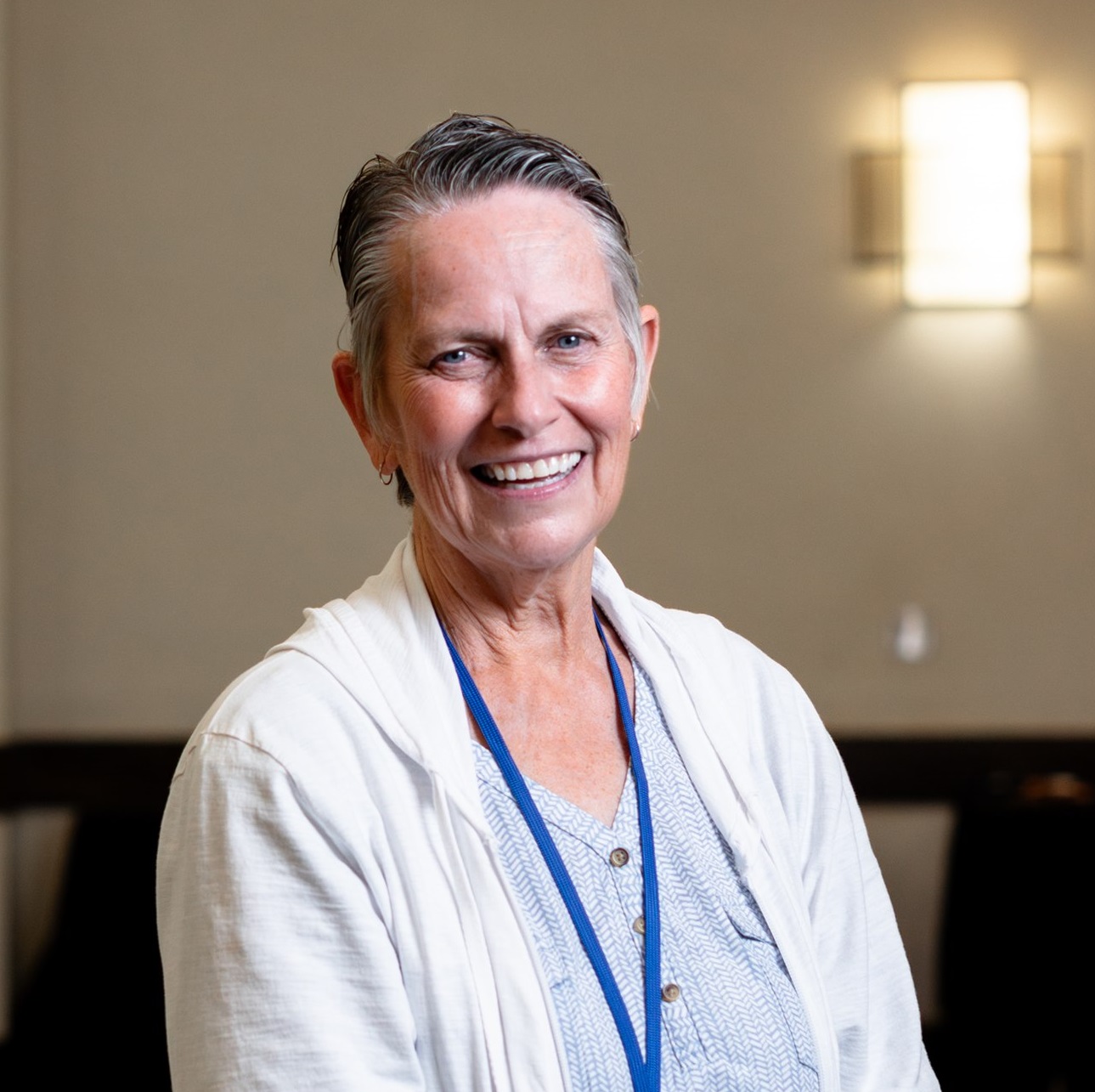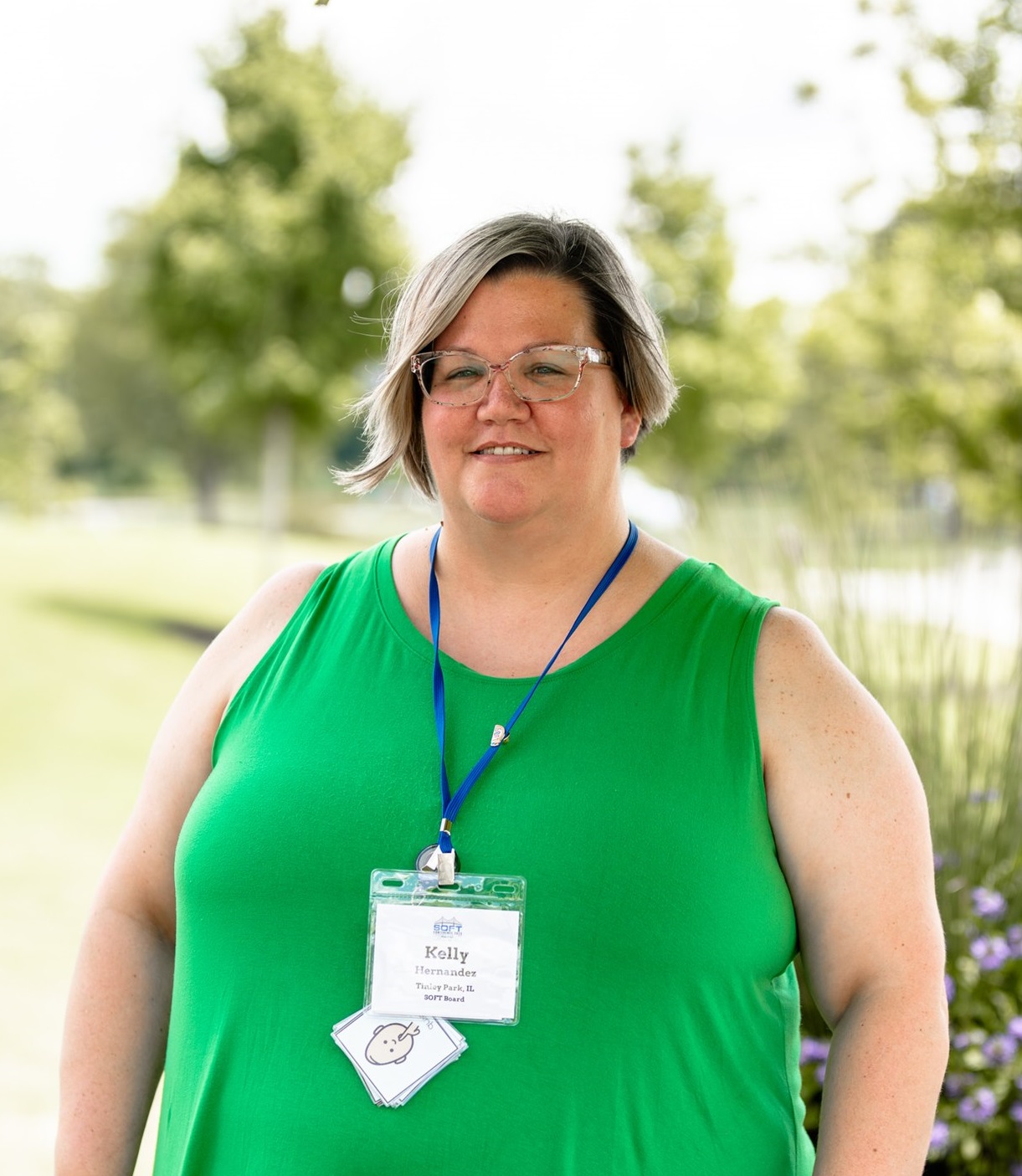PARENTING A CHILD
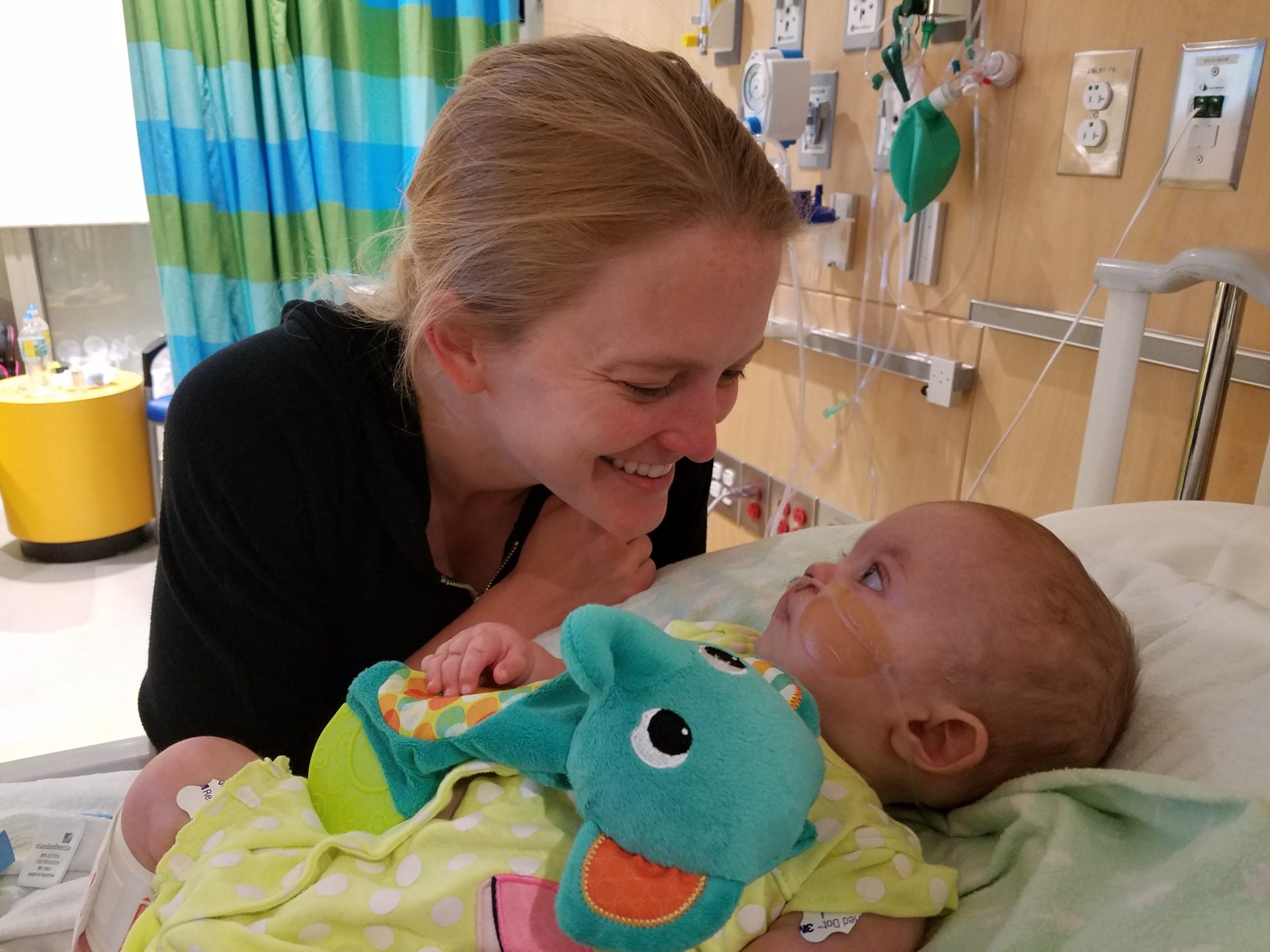
Welcome to SOFT. We are so glad you’ve found us. Whether your child is newborn, newly diagnosed or you are a seasoned parent of a child with a Trisomy diagnosis, we are here to support you on your Trisomy Journey. SOFT is a community of parents who are expecting, raising or remembering a child with Trisomy
Managing Your Child’s Care
You know your child better than anyone and you are always your child’s best advocate. The SOFT website can help arm you with the information, statistics, stories and more to prepare and support you as you advocate and care for your child. Here’s what we suggest next:
Become a Member
Join Our Online Community
Download Our Care Book
Explore the Website
Helpful Resources
Video:
- EVERY CASE IS UNIQUE: Delivering optimal medical care to babies born with Trisomy 13 and Trisomy 18.
- Dr. Martin McCaffrey speaking at the Perinatal Conference in Dublin, 2016
- Dr. McCaffrey has been a strong advocate and support for families facing difficult perinatal diagnoses. He is a member of the International Trisomy Alliance and Be Not Afraid Boards.
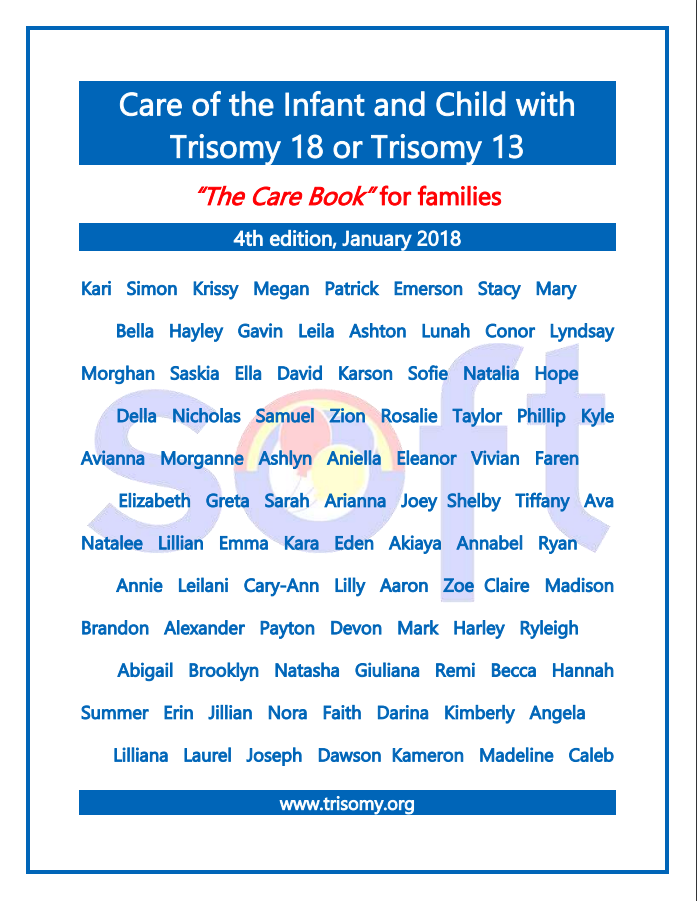
Care Book
Helpful Information
- Helpful Organizations
- Accessibilty
- Medical Devices & Equipment
- Medical & Surgical Information
- Nutrition & Feeding Aids
- Other Information
A protected site for connecting family and friends during a health event.
The Little Angels Foundation
This non-profit foundation provides caskets free of charge to families who have lost a child. They ask families to connect with them through their child’s funeral home. They will speak directly to parents but prefer a 3rd party contact. Some states such as California have laws that will not allow caskets to be shipped in from other states. A funeral home director will likely know if there is such a law in your state. Located in Louisiana, time can be an issue for out of state delivery and at present the builder is one man. It takes 24-48 hours to complete a casket. If the size needed is in stock, 2-3 days’ notice is needed but for out of state delivery 5-7 days is best.
Molly Bear Foundation
This foundation was created in loving memory of Molly by her parents. “The goal of the Molly Bear Foundation is to provide supplemental financial assistance to families raising children with Trisomy 18. Unfortunately Molly Bear will not be able to support every family in need, but we will do our best” (Quote from Website).
National Dissemination Center for Children with Disabilities (NICHCY)
is a national information center that provides information on disabilities and disability related issues such as early intervention and special education, focusing on children and youth, birth to age 22. Information is in English or Spanish.
Pacer Center
Pacer Center is a parent training and information center for families of children from birth through 21 years located in Minneapolis that serves families across the nation as well as Minnesota. EZ-AT-book-2011-final.pdf is a booklet which can be ordered or downloaded from this site, and has practical ideas to help the disabled child (birth – three year old) but many ideas are applicable to kids of all ages. Be sure to also check out Assistive Technology at this site.
Tracking Rare Incidence Syndromes (TRIS)
The TRIS project provides a means to change perceptions about children with rare trisomy conditions. Through data from TRIS Surveys, new information is available about long-term survival, positive surgical outcomes and achievement of developmental milestones such as using gestures and vocalizations to communicate, walking (with or without assistance) and interacting with family members. A combined total of 860 surveys representing children and adults with rare incidence conditions such as trisomy 18, trisomy 13 and trisomy 9 mosaic were completed as of 10/31/16. 58.3% of children were at least 2 months of age or greater. A total of 1007 children and adults are enrolled in the project; many are SOFT members. Your participation is welcomed and encouraged. Contact Debbie Bruns, Ph.D., Southern Illinois University, Carbondale, IL at dabruns@siu.edu or go to the project enrollment page located at http://tris.siu.edu/survey/form/PreEnroll.php
The Compassionate Friends (TCF)
TCF is a national non-profit organization which offers grief support after the death of a child of any age. Local chapters of TCF may be available in some areas.
Mothers in Sympathy and Support (MISS) Foundation
The MISS Foundation is an international on-line support for grieving families. Random Act of Kindness Day done in memory of my beautiful child is an annual MISS event.
Alexandra’s House
A charitable perinatal hospice and infant refuge.
Be Not Afraid (BNA)
BNA is a private, non-profit corporation whose mission is to provide comprehensive, practical and peer-based support to parents experiencing a prenatal diagnosis and carrying to term. In addition, BNA encourages development of new services so more parents find support at diagnosis by offering training, consulting and technical assistance as well as materials to other organizations and individuals committed to service development.
Perinatal Hospice/Palliative Care Programs
Provides a list of Perinatal hospice/palliative care programs and support in the USA and Internationally. These programs are a relatively new concept of care for parents who choose to continue a pregnancy after learning their expected baby has a life-limiting diagnosis.
Prenatal Partners for Life
Prenatal Partners for Life was founded by Mary Kellett, mother of Peter who had trisomy 18. This organization provides support information and encouragement for carrying to term with an adverse prenatal diagnosis and support for raising your child with special needs after birth.
Now I Lay Me Down to Sleep (NILMDTS)
NILMDTS foundation administers a network of almost 6,000 volunteer photographers in the United States and twenty-five international countries. At a family’s request, a NILMDTS Affiliated Photographer will come to your hospital or hospice location and conduct a sensitive and private portrait session. The portraits are then professionally retouched and presented to the families on an archival DVD or CD that can be used to print portraits of their cherished baby. Our entire network of affiliated photographers graciously donates their time and talents to our families and we are proud to be able to offer our services at no cost. Video of Trisomy Children
Portraits by Dana
Specializes in gently drawn pencil portraits for families who have suffered an early loss. Whether you have photos of your child or not, a peaceful remembrance portrait can be created and customized to your wishes. I believe all ‘life’ is precious and should be remembered and recognized – no matter how short, no matter how small.
AMSVANS has a new airline seat for disabled children. See it at the blue AMSVANS link.
Hearing Bands:
The Cochlear™ Baha® system is a Softband device for older children. See the NIH PubMed abstract about this device here.
Eye ware: Sunglasses
Photophobia (painful light sensitivity) & Photosensitive Epilepsy: SOFT Board member Steve Cantrell, OD, suggests obtaining medically necessary lenses as Photosensitive Epilepsy is common in Trisomy 18 & 13. See article in SOFT Times Newsletter, September, 2016.
Footware
Hatchbacks provides shoes to fit over AFO’s
Other
eSpecial Needs, an equipment company suggested by a SOFT mom, retails strollers, wheelchairs, ramps, strollers, pushchairs, stroller-style pushchairs, and other equipment.
Rifton Activity Chair 870: Lynne Stockman, mother to Lyndsay who has trisomy 18, says the Rifton Activity Chair 870 is a really neat chair to feed in and do activities. The Rifton Activity Chair is a positioning chair that provides versatile and adaptable seating for clients…click here to read about it: Rifton Activity Chair, a revolution in active seating.
Pediatric Apnea – a Medscape overview.
Cardiac:
Congenital Heart Defects: – Explanations of many defects are provided here.
Hypoplastic Left Heart Syndrome: From Nationwide Children’s Hospital
Pulmonary Hypertension in Children From the Cincinnati Children’s Hospital.
Dandy-Walker Malformation (DWM):
the exact cause for Dandy-Walker Malformation (DWM) is not known but a few SOFT families mention DWM as a part of their child’s medical findings. DWM is sometimes associated with hydrocephalus.
GI Problems:
Constipation: A 40 minute video presentation is on the trisomytalk.com website; here’s a transcript of the video’s text.
Information about Meckel’s Diverticulum: from Cleveland Clinic.
Omphalocele or Gastroschisis anomalies and treatment: Excellent must-see video from Children’s Hospital of Philadelphia.
Scoliosis
Scoliosis – what is scoliosis? by Dr. S. Shah of Nemours Alfred I. DuPont Children’s Hospital.
Other
Tips on taking a special needs child to the ER: Taking your child to the ER: Tips for Making It Less Traumatic, By Douglas J. Segan, MD. Permission to link provided by Joe Graedon of People’s Pharmacy.
Tracking Rare Incidence Syndromes: The TRIS project provides a means to change perceptions about children with rare trisomy conditions. Through data from TRIS Surveys, new information is available about long-term survival, positive surgical outcomes and achievement of developmental milestones such as using gestures and vocalizations to communicate, walking (with or without assistance) and interacting with family members. A combined total of 860 surveys representing children and adults with rare incidence conditions such as trisomy 18, trisomy 13 and trisomy 9 mosaic were completed as of 10/31/16. 58.3% of children were at least 2 months of age or greater. A total of 1007 children and adults are enrolled in the project; many are SOFT members. Your participation is welcomed and encouraged. Contact Debbie Bruns, Ph.D., Southern Illinois University, Carbondale, IL at dabruns@siu.edu or go to the project enrollment page located at https://tris.siu.edu/survey/form/PreEnroll.php
The Beautiful Response of Siblings to a Feeding Tube
To the Parent Whose Child Just Got a Feeding Tube
Helping Programs Accommodate a Feeding Tube
Deciding on a G-Tube for an Older Child
The Daily Poop…Life with a Colostomy
Learning about GJ Tubes
When Your Child Cannot Have “Real” Food
National Disability Rights Network (NDRN) is the non-profit membership organization for the federally mandated Protection and Advocacy (P&A) Systems and Client Assistance Programs (CAP). There is a P&A/CAP agency in every state and U.S. territory as well as one serving the Native American population in the four corners region. Collectively, the P&A/CAP network is the largest provider of legally based advocacy services to people with disabilities in the United States.
Medicaid Waivers and general information about them can be found on this linked page.
Parenting Resources
-
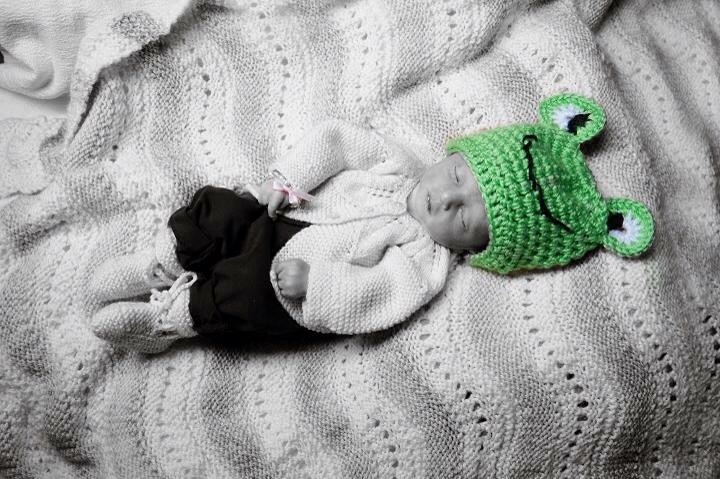
One Family’s Birth Plan
This birthing plan, for a child with trisomy 18, was prepared by Patricia Lawson, a trisomy parent. Parents: Elliott & Patti LawsonC...
-
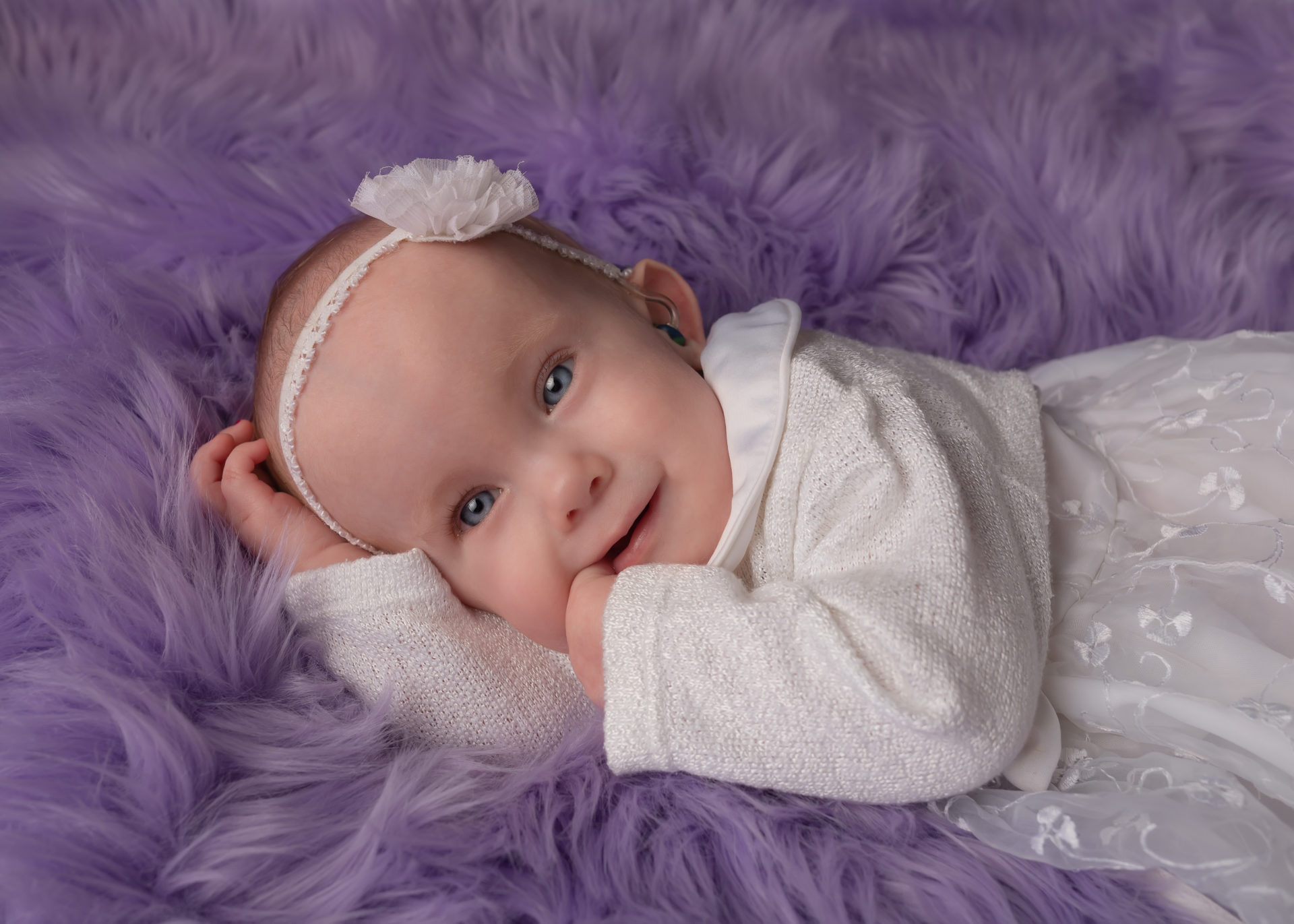
Trisomy 18, Trisomy 13 and Related Disorder Syndromes
Workshop Presentation from the 2011 SOFT Conference in Chicago Presenters: Dr. John Carey and Dr. Jeannette Israel This genetic syndrome overview w...
-
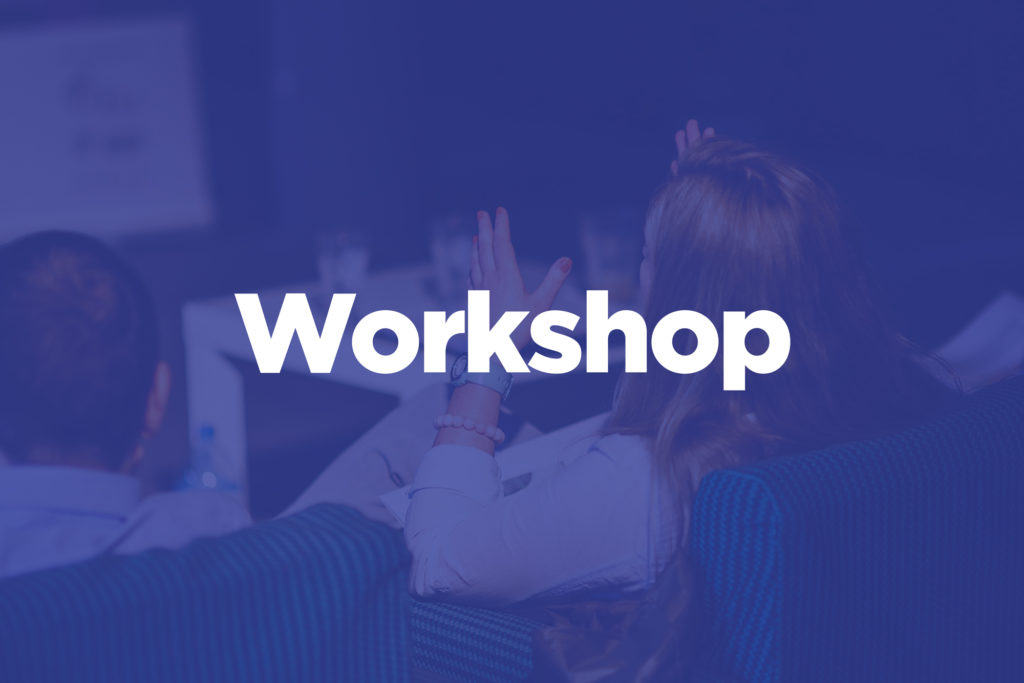
Developmental Pediatrics and the Medical Home
From the 2011 Chicago SOFT Conference This workshop, presented by Larry W. Desch, MD, FAAP Advocate: Hope Children’s Hospital focuses on the need f...
-
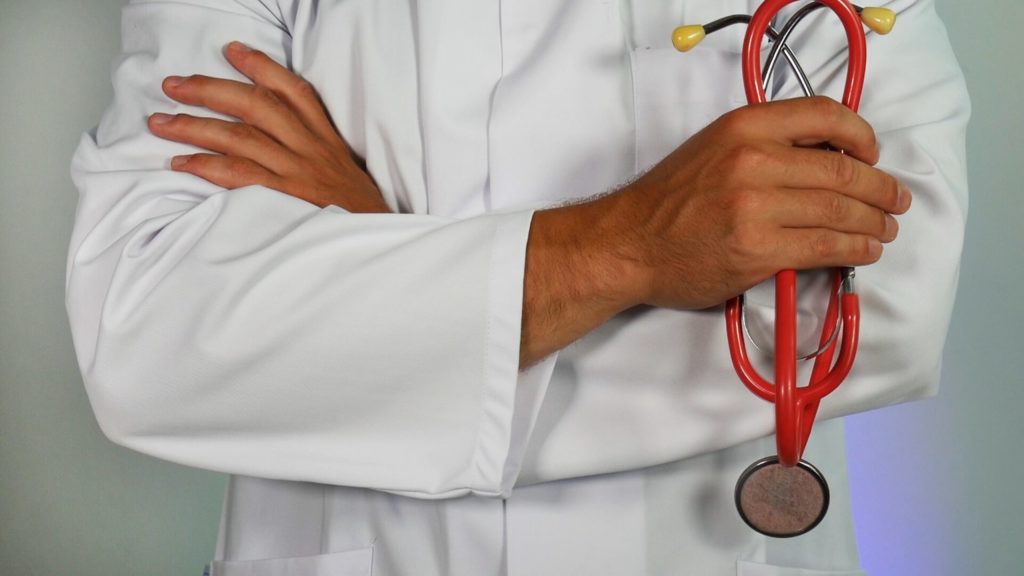
Medical Ethics and Decision Making
Presentation From the 2010 SOFT Conference in Sioux Falls Presenters: Terry Peterson-Henry, D. O. Pediatric Palliative Care and Ellie Schellinger, ...
-

Medicaid Waiver, SCHIP, SSI
Medicaid Waiver, SCHIP, SSI, Katie Beckett, TEFRA, etc. Medicaid Waivers Waivers are programs that states can use to test new or existing ways to d...
-
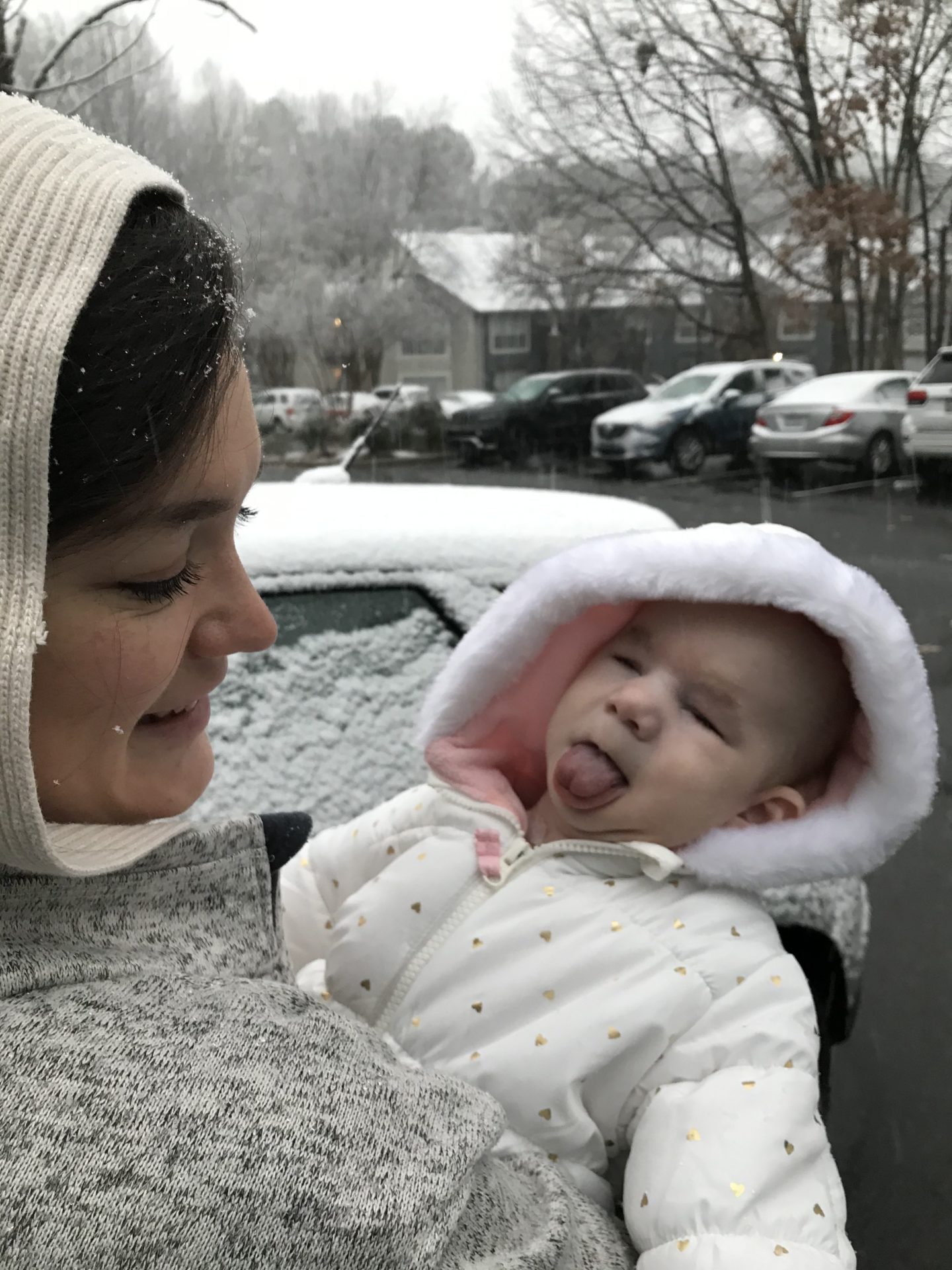
Palliative and Hospice Care
A brief description of Pediatric Palliative Care, Perinatal Palliative Care and Pediatric Hospice Care Pediatric Palliative Care Palliative Care i...
